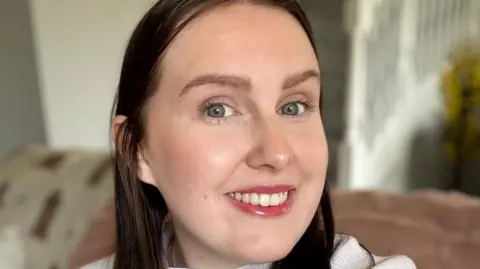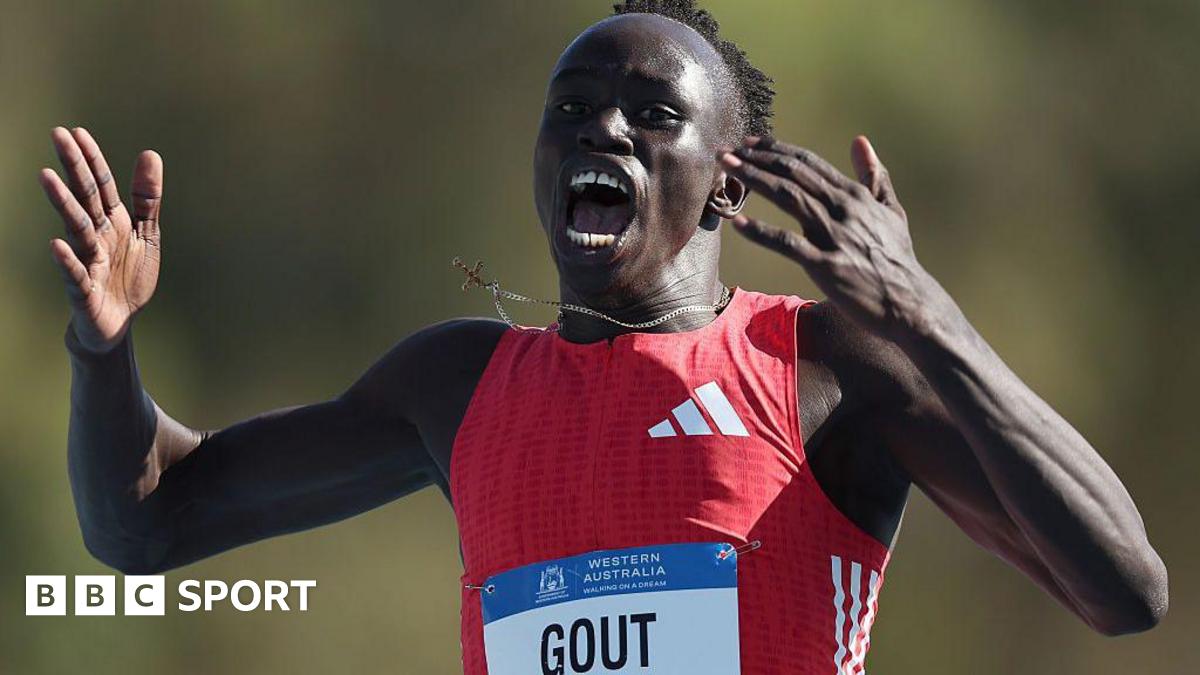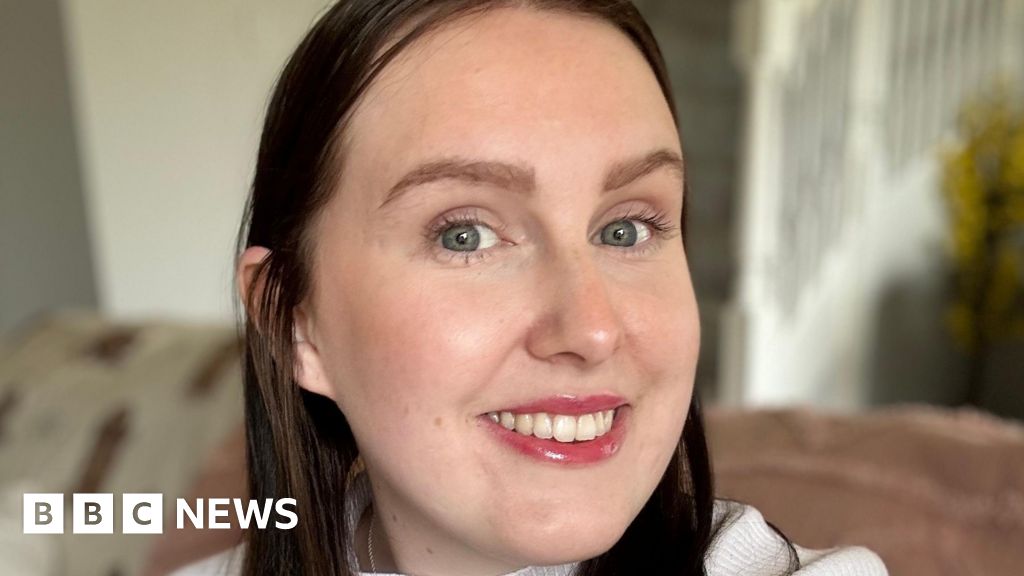James Gallagher,Health and science correspondent, @JamesTGallagher
 Lauren Golightly
Lauren GolightlyA major cause of inflammatory bowel disease (IBD) has been discovered by UK scientists.
They found a weak spot in our DNA that is present in 95% of people with the disease.
It makes it much easier for some immune cells to go haywire and drive excessive inflammation in the bowels.
The team have found drugs that already exist seem to reverse the disease in laboratory experiments and are now aiming for human trials.
Crohn’s disease and ulcerative colitis are the most common forms of inflammatory bowel disease. They are estimated to affect half a million people in the UK.
It often starts as a teenager or young adult.
Lauren Golightly, who is now 27, had her first symptoms when she was 16 years old and had stomach cramps and blood in her poo.
But this was put down to partying and it was not until she was 21 and having surgery to remove her appendix that doctors realised she had Crohn’s disease.
Three years ago she needed an emergency stoma after part of her intestines had “shut down” and still has to “take a lot of pain medication” because of the number of operations she has needed.
“It’s not the life I’d aspire to be living,” she says.
So what is going wrong?
One part of the immune system that is highly implicated in IBD are white blood cells called macrophages.
These flood the linings of the intestines where they release chemicals – called cytokines – that lead to massive inflammation.
Inflammation is part of the body’s normal response to infection, but too much for too long can have devastating health consequences.
The group of researchers at the Francis Crick Institute and University College London performed a deep genetic analysis to try to unpick the cause of the IBD.
They discovered a section of genetic code – or DNA – that turns out to be the macrophage’s “master regulator” of inflammation.
It sits right at “the top of the pyramid” says Dr James Lee, from the Francis Crick Institute.
The gene controls the suite of inflammatory chemicals the macrophages release, and some people are born with a version that make their body prone to responding excessively.
Dr Lee told me: “This is undoubtedly one of the central pathways that goes wrong for people to get inflammatory bowel disease.
“It is the process by which one of the most important cells that causes inflammatory bowel disease goes wrong.”
World free from IBD?
Further experiments, detailed in the journal Nature, showed drugs that are already approved for other conditions such as cancer were able to calm this excessive inflammation.
These were performed using samples from patients with IBD.
“We found not only how and why it goes wrong, but potentially a new way of treating these diseases,” says Dr Lee.
Yet, there is not going to be an new IBD treatment imminently.
The researchers have a head start as drugs already exist, but they need to find a way of targeting just the macrophages so they do not cause side effects throughout the body.
The drugs would also need to be precisely calibrated to calm the IBD, but not leave a patient susceptible to infection by switching off the good side of inflammation in fighting disease.
They aim is to start clinical trials within five years.
“This research is a really exciting step towards the possibility of a world free from Crohn’s and colitis one day,” Ruth Wakeman, from the charity Crohn’s & Colitis UK said.
She added: “Crohn’s and colitis are complex, lifelong conditions for which there is no cure, but research like this is helping us to answer some of the big questions about what causes them.”
However, genetic susceptibility is still only half the story. It also takes something to trigger the development of IBD, with diet and antibiotic use all implicated.
Symptoms of IBD
- diarrhoea
- stomach pain or cramps
- blood in poo
- bleeding from your bottom
- fatigue
- losing weight without trying
The disease is distinct from irritable bowel syndrome (or IBS) although some of the symptoms overlap. A diagnosis of IBD is only made if there is inflammation in the bowels.
Follow James on X (formerly Twitter)



















































